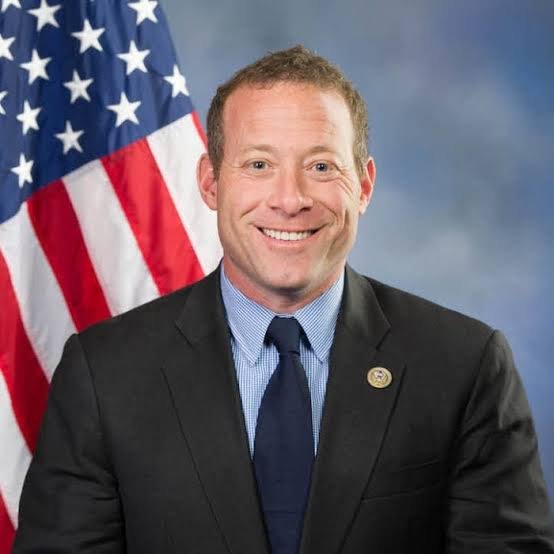By Mary Hightower
U of Arkansas System Division of Agriculture
JONESBORO, Ark. — The U.S. Department of Agriculture said Tuesday that consumers shouldn’t expect food shortages in the near term because of the port strike; however, economists say a long strike could prompt changes on grocery shelves and at the checkout.
Nearly 50,000 members of the International Longshoremen’s Association went on strike Tuesday after it and the United States Maritime Alliance failed to reach a settlement by the Sept. 30 deadline.
Nearly 50,000 members of the International Longshoremen's Association have walked off the job, halting port operations on the East and Gulf Coasts. The strike may have impacts on cotton, meat and poultry exports. (U of A System Division of Agriculture image by Scott Stiles.).
The strike has shut down ports along the East Coast and the Gulf of Mexico, key to the movement of U.S. cotton, meat and poultry exports. These commodities are important for Arkansas, which is No. 3 in the U.S. for broilers and cotton, No. 24 in cattle and calves, according to the 2024 Arkansas Agriculture Profile.
USDA said that “our analysis shows we should not expect significant changes to food prices or availability ... we do not expect shortages anytime in the near future for most items.”
USDA also said that bulk shipping of products such as grains would be unaffected by this strike. Bulk grain loading facilities typically operate with their own employees or with different labor unions.
Cotton and shipping
“Cotton is entirely dependent on containerized shipment,” said Scott Stiles, an extension economics program associate for the University of Arkansas System Division of Agriculture.
According to the National Agricultural Statistics Service, 20 percent of the U.S. cotton crop has been harvested.
“Eleven-point-eight million bales of the 2024 crop are projected to be exported,” Stiles said. “I would conservatively estimate that 55 percent of the 11.8 million bales would be shipped out of ports affected by this strike.”
Stiles said that some shipments bound for Asia can be diverted to the West Coast.
“The East Coast has largely handled cotton shipments to markets such as Turkey,” he said. “If the strike is prolonged like the last one in 1977 that lasted six weeks, will Turkey switch its cotton purchases to Brazil or West Africa?”
U.S. export sales of cotton are already off to the slowest start since 2015, Stiles said, and any “interruption in the U.S. ability to export only makes this situation worse."
Eight-six percent of U.S. cotton demand is attributed to exports.
“Producers have watched market prices slide from 85 cents in February to 66 cents in August,” Stiles said. “Prices have recovered recently to the 73- to 74-cent area but have stalled as it became apparent that the port labor dispute would not be resolved by the Sept. 30 deadline."
December cotton futures closed 52 points lower today to settle at 73.09 cents per pound.
Meat and poultry
Should the strike be prolonged, consumers could be seeing changes.
“Approximately 20 percent of broilers are destined for export markets,” said Jada Thompson, poultry economist for the University of Arkansas System Division of Agriculture. With the volume of ocean-bound freight that runs through East Coast ports, the strike “could have very real consequences either in spoiled products, lost revenues, or additional, unexpected storage costs.”
James Mitchell, a livestock economist with the Division of Agriculture, said, “this could have a significant impact on beef and pork trade flows. Beef trade to Mexico, Colombia, Costa Rica, Panama, and Honduras, for example, is affected, accounting for approximately 12 percent of beef exports through July 2024. The Caribbean makes up 4 percent of pork exports through July 2024.”
The strike "doesn’t impact all beef and pork exports uniformly. We export a wide variety of products to many different places. And those products are all valued differently," he said. "The dollar impact will depend on which types of products are affected, the quantities, and the value of those specific export products.”
To learn about extension programs in Arkansas, contact your local Cooperative Extension Service agent or visit www.uaex.uada.edu. Follow us on X and Instagram at @AR_Extension. To learn more about Division of Agriculture research, visit the Arkansas Agricultural Experiment Station website: https://aaes.uada.edu. Follow on X at @ArkAgResearch. To learn more about the Division of Agriculture, visit https://uada.edu/. Follow us on X at @AgInArk.






























